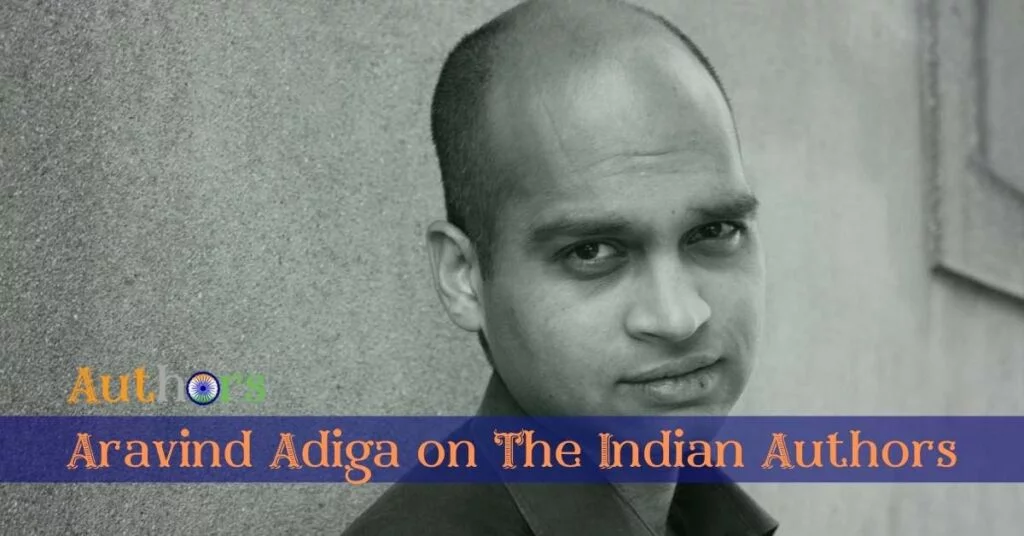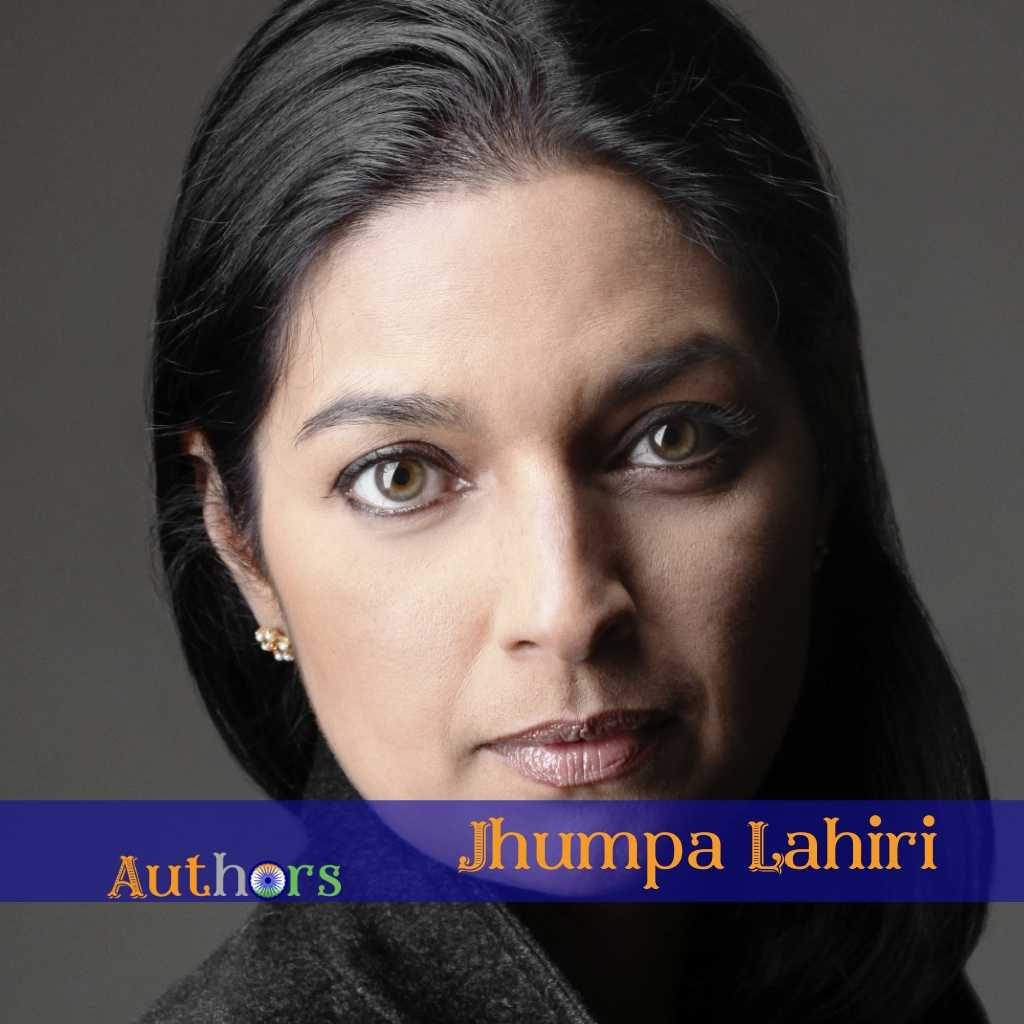Mulk Raj Anand seems to be the only author in Indian history of English literature whose preoccupation with the poor was real and remained real throughout his writing career. He only wrote about the deprived, suppressed and the overlooked class of the Indian society – pre and post independence. He did never care too much about the things which were deemed to be the epitomes of development while one section of the country remained the same. In short, Mulk Raj Anand could be said to be the person responsible for the ‘antyoday’ in Indian English Literature as his protagonists were often picked from the lowest section of the society.

Born in 1905 in Peshawar, which is now a part of Pakistan, Anand spent a good deal of his life in London. There, he was in constant touch with the people from different literary groups and he has also worked with some of the great names of the British literary fraternity. Earning his Ph.D. in Philosophy from Cambridge University in 1929, Anand kept splitting his days between India and England throughout the 1930s and 40s. And this was, perhaps the most productive phase of his life as he produced some of his best-known novels in this period.
Anand’s literary career as a novelist began with Untouchable in 1935. Followed by Coolie in 1936, Anand kept highlighting the story of the suppressed sections of the society. He also joined the Indian independence movement. The very first novel, Untouchable, brought international acclaim and fame for the author. He received positive reviews from the literary sections in London as well. A list of his novels is below:
Untouchable, published in 1935
Coolie, published in 1936
Two Leaves and a Bud, published in 1937
The Village, published in 1939
Across the Black Waters, published in 1939
The Sword and the Sickle, published in 1942
The Big Heart, published in 1945
The Private Life of an Indian Prince, published in 1953
The Road, published in 1961
Besides the novels, Anand has also produced some non-fictional works which include the Sahitya Akademi winner – Morning Face, published in 1968. Mulk Raj Anand was not a great believer in industrialisation and that is why he is often seen standing in the corners of communism. Moreover, besides that, he also raises questions on the orthodoxy that Indian society had at that time in his book Apology for Heroism. He mourns the discovery of atom bomb and also affirms the fact that what he believes is the belief in man other than anything else.
Mulk Raj Anand, besides being a literary personality, was also a man of letters and he also taught in different universities, India and abroad. He died in 2004 but before his death, he has left quite a literary legacy behind him, a new style of fiction (fused with grim realism) and too much to follow. Authors like him are the pillars of Indian English writing and he has a distinguished place in the hierarchy. It’s not easy to be called the Indian Charles Dickens, a respect that Anand had received!



